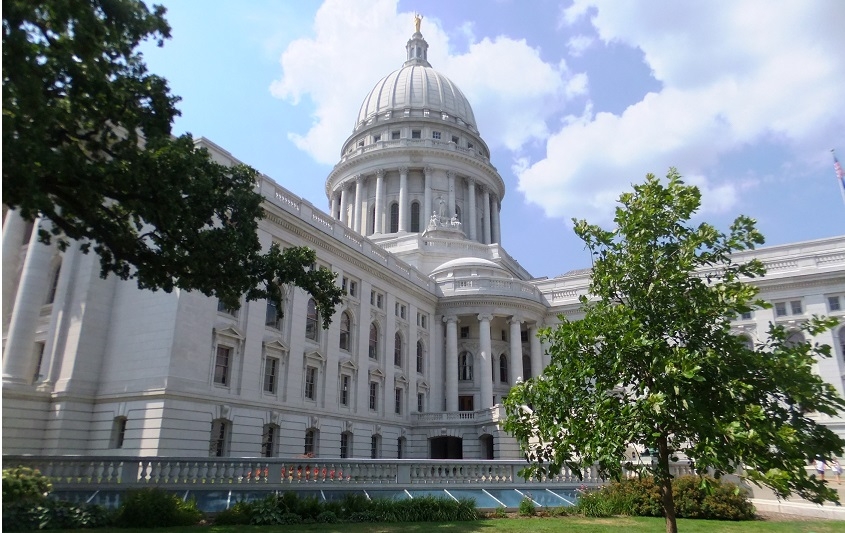National
Report: New Ethics Commission conducts just 1 investigation

Panel fielded 39 complaints over the year
MADISON, Wis. — A new report shows that Wisconsin’s official government Ethics Commission investigated just one alleged violation in its first year of operation.
That’s a far less active pace than its predecessor, the Government Accountability Board, the Wisconsin State Journal reported Sunday.
The disclosure comes in the first annual report issued by the commission, which, along with a new Elections Commission, replaced the GAB last year.
The commission’s administrator, Brian Bell, said the panel fielded 39 complaints of alleged legal violations from July 2016 through June 2017. One led to an investigation into alleged use of public resources for private benefit. Further details of the investigation can’t be released because it’s ongoing, he said.
GOP lawmakers and Gov. Scott Walker created the Ethics Commission, saying the previous Government Accountability Board was too partisan. The board came under particularly fierce fire for its role in a secret criminal probe into ties between Walker’s campaign and outside conservative groups, which the state Supreme Court ended in 2015.Democrats and government transparency groups predicted the new commission would be a far less aggressive watchdog for Wisconsin’s ethics and campaign finance laws.
Much of the commission’s workings are shrouded by law. Hidden from public view are complaints to the commission alleging violations of ethics, campaign finance or lobbying laws, as well as deliberations by the bipartisan, six-member commission on whether to investigate complaints.
During its first year, the commission also fielded 18 requests for legal advice and issued 14 legal opinions in response, according to the report. The panel also provided recommendations to lawmakers to clarify and streamline ethics, campaign finance and lobbying laws.
Assembly Speaker Robin Vos, a Republican, said the commission has proven to be responsive to legislators and staff.
“The Commission’s success should not be judged based on the number of investigations but whether violations were prevented and the laws were followed,” Vos said. “The people of Wisconsin should be pleased that the new bipartisan commission is working and that the state is no longer operating under the Government Accountability Board, which was used as an instrument for partisan witch hunts.”
Bell said drawing conclusions from the volume of the commission’s enforcement actions “could be quite misleading.” He said the pace of investigations can be dictated by election cycles, which tend to generate more complaints.
A new state law dialing back state campaign finance regulations also may play a role, said Jay Heck, director of Common Cause in Wisconsin, a nonpartisan government-transparency group that opposed the creation of the commission.
“There’s much less for (the Ethics Commission) to investigate because there’s less regulation,” Heck said.
